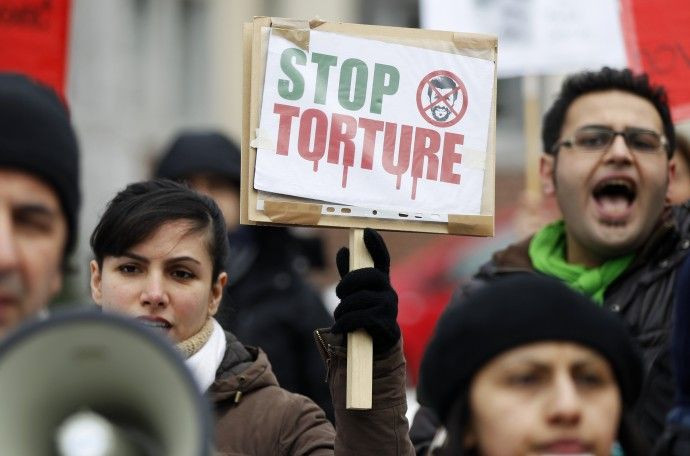US expresses anguish over human rights violation in Iran following execution

Shortly after Iranian authorities hanged a Dutch-Iranian lady Zahra Bahrami on charges of drug peddling, the United States urged Iran to stop executions and expressed deep anguish over the disregard for human rights of citizens in the country.
A statement from the U.S. State Department, reported by CNN, expresses shock over the fact that judicial cases, trials, and sentences continue to proceed without transparency and the due process rights enshrined in Iran's own constitution. It also makes special mention of the fact that Bahrami was not even allowed access to the Dutch Consulate during her trial.
Although Bahrami was executed on charges of smuggling cocaine into the country with the help of a partner, the real motive behind her conviction and death sentence remains questionable, especially since Bahrami was known to have participated in anti-government protests in 2009.
In December 2009, she was arrested and detained for participation in the Green Movement demonstrations while visiting relatives in Iran. A little more than a year after that, on January 2, 2011, she was sentenced to death by an Iranian court for bringing cocaine and opium into the country, which were allegedly found at her home. She was also under a second trial on charges of political disruption and acts of terrorism such as bomb attacks.
During her trial, Bahrami is known to have told the judge that she had been forced to accept the charges against her under extreme duress and pressure.
The U.S. State Department has also pointed out that Bahrami's execution is one among several carried out in recent weeks in Iran.
Meanwhile the Netherlands government has frozen all contacts with Iran following the execution. Dutch consular officials were not allowed to get in touch with Bahrami since the Iranian authorities rejected her dual citizenship.
© Copyright IBTimes 2024. All rights reserved.





















